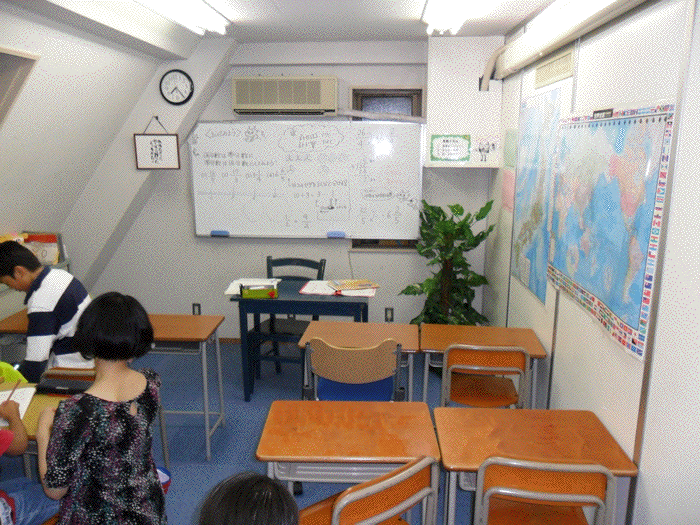Today I received an announcement of a summer course to be held at the Central European University in Budapest this July.
When I saw “summer course on privatization in education”, I immediately thought that this sounded like a how-to business seminar, or an ideologically-driven exercise in expounding the supposed healing powers of the neo-classical market. Fortunately, I turns out not to be that at all, but rather a serious effort at investigating privatization in education as a global development.
Part of how I know that and what reassured me is the involvement of Geoffrey Walford (Oxford) as one of the faculty members in this activity. Walford co-organized a conference on school choice (with Martin Forsey (Univ of Western Australia) and Scott Davies (McMaster) in Perth some years ago that I participated in. This conference resulted in an edited volume, The Globalisation of School Choice (Symposium Books 2008) that included my chapter, “Japanese Shadow Education: The Consequences of School Choice“.
Here’s some more information on the CEU summer course:
Under the auspices of the Privatisation in Education Research Initiative (PERI), the Education Support Programme of the Open Society Foundations and the Central European University in Budapest, Hungary, are offering a one-week summer university course on privatisation in education from the 25th–29th July 2011.
Bringing together an internationally renowned faculty, the course aims to:
1. Locate new governance initiatives in education sectors in relation to wider transformations in the global political and cultural economy; education as a services sector; education as a tradeable commodity; education as a form of human capital and investment; education as a human right; education as a form of cultural capital; education as a means for emancipation; education as a cultural and class project.
2. Demonstrate understanding of the complex nature of education governance that involves different actors, differing activity, and different scales on which to act.
3. Outline the nature of the conceptual complexities and empirical phenomena associated with Public Private Partnerships (PPPs) as emerging, hybrid, forms of governance and their role in, and consequences for, the governance of the education sector, and new forms of privatisation of education.
4. Develop a critical account of a range of education governance initiatives; from low-fee-schooling; Charter Schools; Shadow Schooling; PPPs, global transnational firms, such as GEMS, Cisco Systems; education consultants, such as CfBT, and so forth.
5. Apply a theory of social justice to the framing and outcomes of new governance initiatives in education.
Places are limited to 25, are fully funded will be offered on a competitive basis. The scholarships include visa, travel, accommodation, tuition fees and a subsistence allowance.
Global applications are invited from PhD candidates, early career educational researchers and policy analysts with a PhD, policy makers and government officials, and faculty in education, particularly those engaged in comparative scholarship and scholarship on education policy, social inequalities, and institutional change. Practitioners with a strong policy engagement are also encouraged to apply, especially those based in or working with southern countries.


